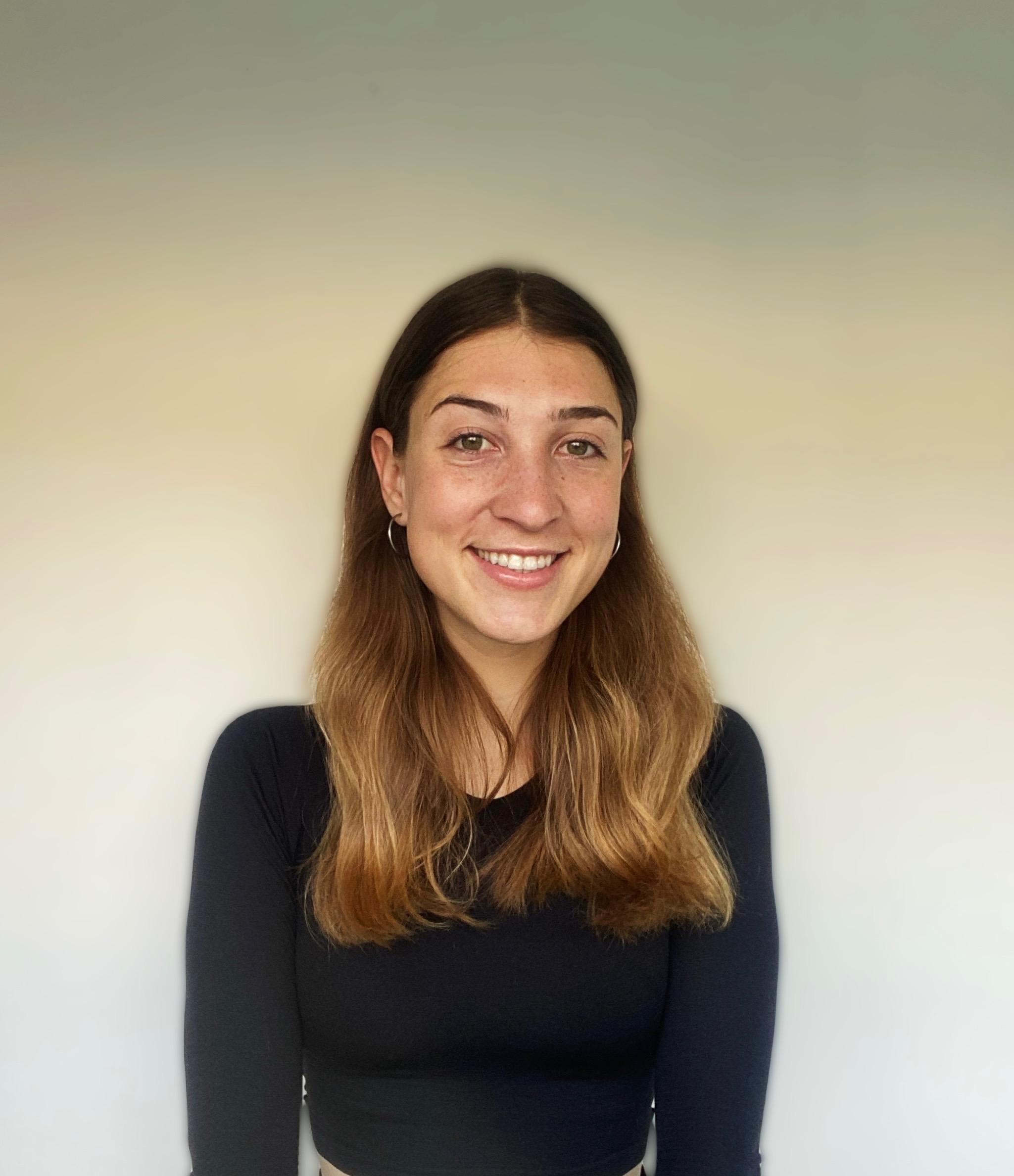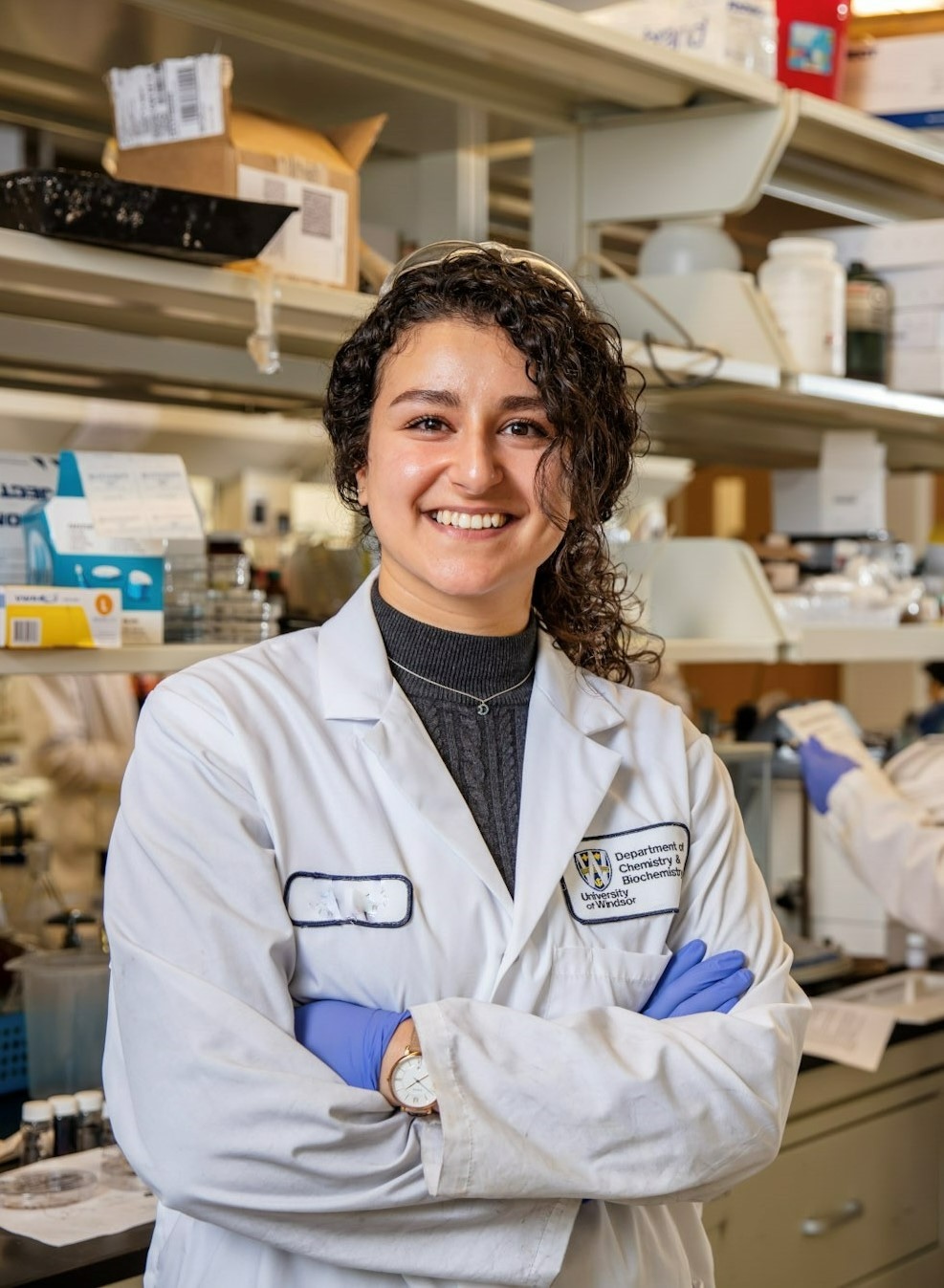Ontario women and gender minorities researching polymer chemistry are gearing up to attend the first Polymer Women Empowerment & Research (PoWER) conference this July 11-12, 2024.
Co-organized by Professor Helen Tran and several other leading female polymer researchers, PoWER was inspired when Dr. Jill Alty of MIT noticed the substantial impact of two similar initiatives: Chemistry Women’s Mentorship Network (ChemWMN) and Empowering Women in Organic Chemistry.
According to an article on the MIT Chemistry website, Alty contacted Professor Tran, Professor Julia Kalow of Northwestern University, Professor Symone Alexander at Auburn University, Dr. Sara Orski at the National Institute of Standards and Technology, and Dr. Katie Houston from the Eastman Chemical Company in a successful bid to launch the polymer conference, which will be held at Northwestern University.
As the May 31st deadline for submitting abstracts for poster and lightning talks approaches, several women studying chemistry in Ontario shared perspectives on the upcoming event.
 Sofia Michailovich is a 1st year graduate student, originally from Waterloo who is studying polymer and material science at UofT. Working with Azalea Uva, Angela Lin and Professor Tran, she is building on their work using bio-based monomers--carotenoids--to build degradable semi conductive polymers.
Sofia Michailovich is a 1st year graduate student, originally from Waterloo who is studying polymer and material science at UofT. Working with Azalea Uva, Angela Lin and Professor Tran, she is building on their work using bio-based monomers--carotenoids--to build degradable semi conductive polymers.
“My research attempts to optimize the morphology of this polymer system to improve its performance as a semiconductor,” said Michailovich. “Once the polymer is made, we hope to pursue characterization studies and report data on the polymer’s performance within an organic field effect transistor.”
Michailovich applauds PoWER’s mission to ensure that the voices of women in science are heard. “I work in a field that is predominantly made up of men, and while we are seeing more women join STEM communities, a sort of inequality persists. It may come forth in research opportunities, leadership positions, mentee positions, in searches for a steady job and even in benign conversations regarding research and one's experience.”
"This conference and other initiatives that are made to ensure the voices of women are heard is a positive step in creating a genderless and unbiassed science community. The chemistry community, and those of other scientific disciplines are continuing to evolve, and attending such a conference really makes me feel like I’m a part of the evolution.”
 Olivia Mann-Delany is a first-year MSc student co-supervised by Professors Landon Edgar and Helen Tran at UofT’s St. George campus. She is interested in developing methods to access new classes of glycopolymers, reagents that will ultimately be deployed to interrogate the carbohydrate axis of immunology.
Olivia Mann-Delany is a first-year MSc student co-supervised by Professors Landon Edgar and Helen Tran at UofT’s St. George campus. She is interested in developing methods to access new classes of glycopolymers, reagents that will ultimately be deployed to interrogate the carbohydrate axis of immunology.
Mann-Delany feels that listening to cutting-edge research advances presented by women in polymer science at PoWER will help her build confidence as a woman new to STEM.
“My research intersects with polymer and pharmaceutical chemistry. I am trying to synthesize polymers that may one day be applied to interrogate the carbohydrate axis of immunology. At the conference, I will be presenting my work on the synthesis of biologically inspired polymers using a technique called photo-induced electron-transfer addition-fragmentation chain-transfer (PET-RAFT) polymerization.”
"Finding community and feeling like your contributions are valued is a key piece to doing something well. Since beginning post-secondary education, I have found myself left out of conversations and therefore bending over backward to feel like I am doing good work. I think a part of that comes from a lack of peer-to-peer and mentee-mentor networks composed of women in science, at the graduate and professor level.
Mann-Delany points out that while undergrads cohorts tend to be very diverse, the gender gap in many STEM fields widens in the transition to graduate-level studies. “Having these conversations at such a high academic level at a research conference is rare and exciting."
 Word of the newly founded conference is spreading throughout Ontario. Angela Awada, a 3rd year PhD Candidate at the University of Windsor first learned about the conference from social media before hearing about it from her principal investigator, Dr. Simon Rondeau-Gagné.
Word of the newly founded conference is spreading throughout Ontario. Angela Awada, a 3rd year PhD Candidate at the University of Windsor first learned about the conference from social media before hearing about it from her principal investigator, Dr. Simon Rondeau-Gagné.
Awada intends to present her group’s research on investigating pi-conjugated semiconducting materials with reversible dynamic covalent bonds. “Our focus is on elucidating the structure-property relationships of these materials and assessing their potential integration into electronics as self-healing materials.”
She expressed excitement about the chance for women and gender minorities to share outstanding work and their journeys in research and polymer science. “Personal success in any fast-paced field requires mentorship, honesty, and a space to articulate what others have experienced, how they’ve pivoted and ultimately constructed evolving ecosystems for their own personal and scientific growth.”
“Together, we face similar challenges, but there isn’t always a one size fits all way of confronting them. I’ve been fortunate to confront issues with the support of my family and mentors, and then basing decisions on my own self-perception. Was I able to convey my thoughts effectively and accurately? How else could I mitigate a situation? Consulting others and considering alternative approaches is part of that process. It’s a growing practice and I’d like to think it’ll become more refined with time.
Awada expects the conference to allow students like her to absorb significant knowledge from women leaders in polymer science. “It opens potential paths students may not have been exposed to previously, and potentially facilitates how we navigate, curate and establish work environments throughout our careers.”
The conference remains open to abstracts for posters and attendees. Information on PoWER 2024 can be found on their website.
Professor Tran says she is happy to be involved with an important initiative for building community among polymer scientists and engineers. "Not only will trainees have the chance to interact with international polymer leaders, but they will also be network with peers across the US and Canada. I hope to see many Canadians engaging in this inaugural conference!"


